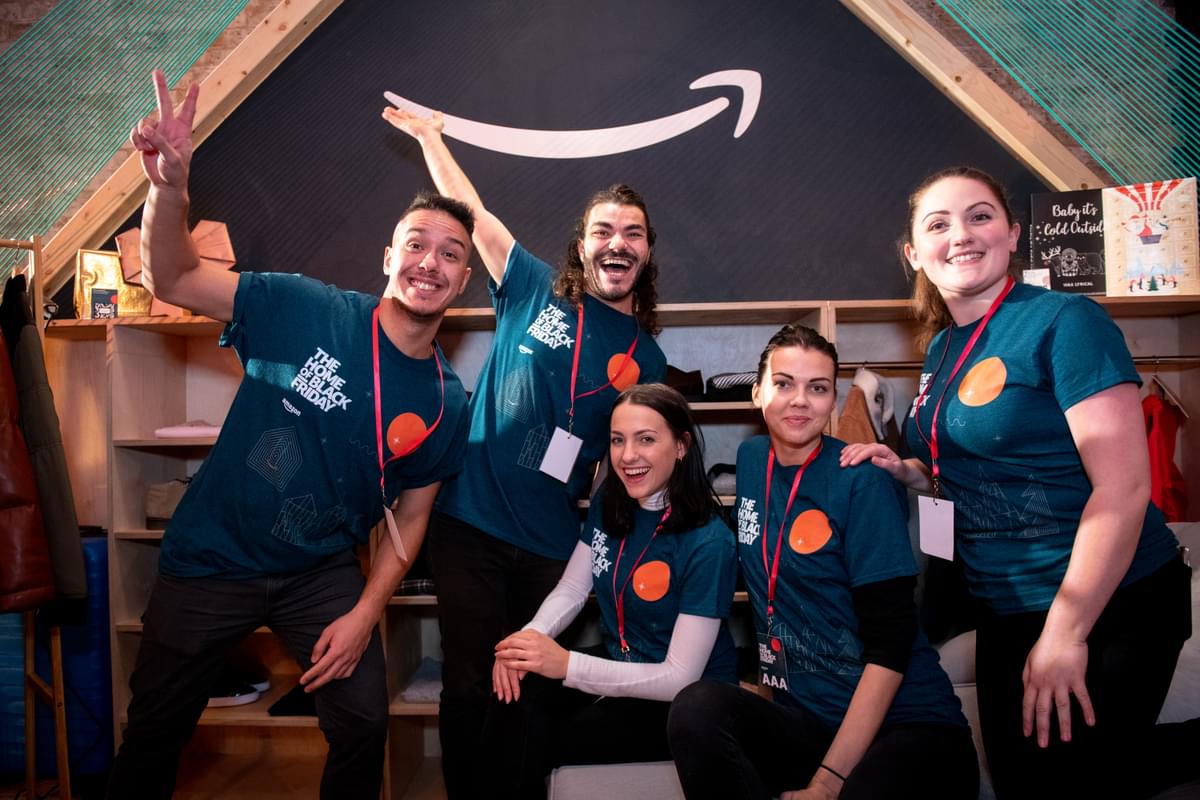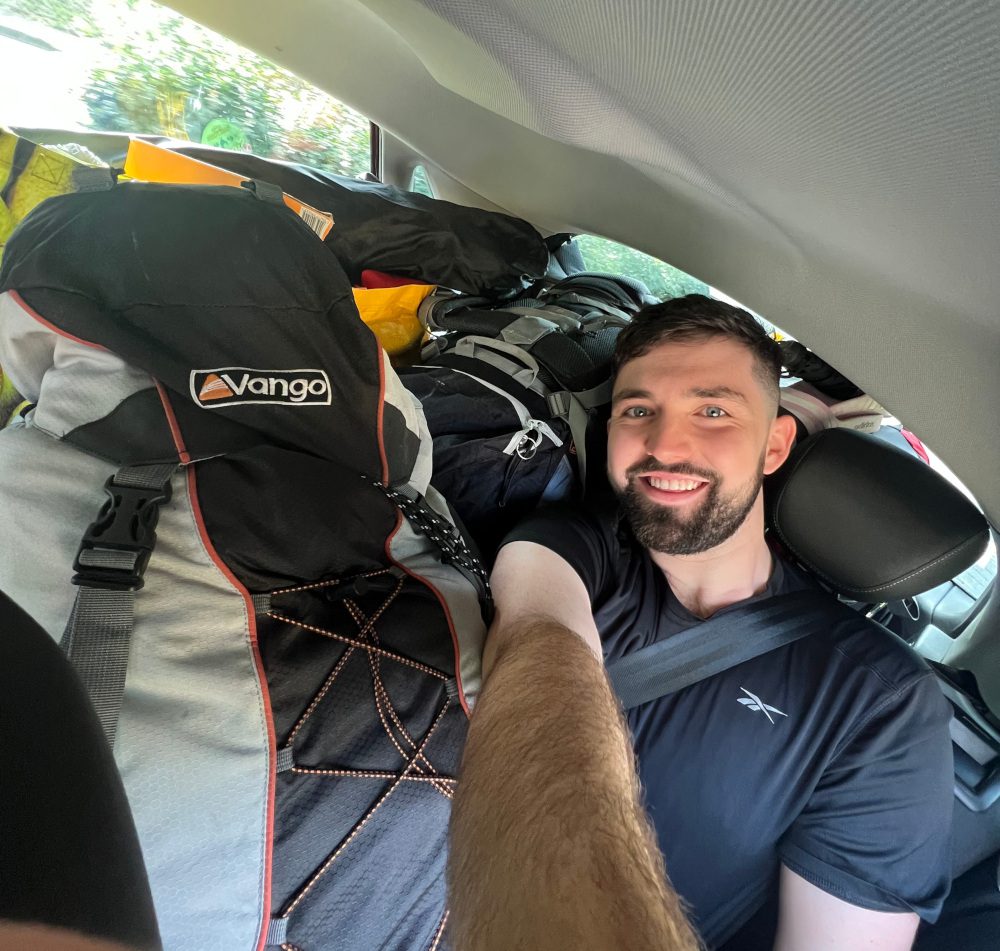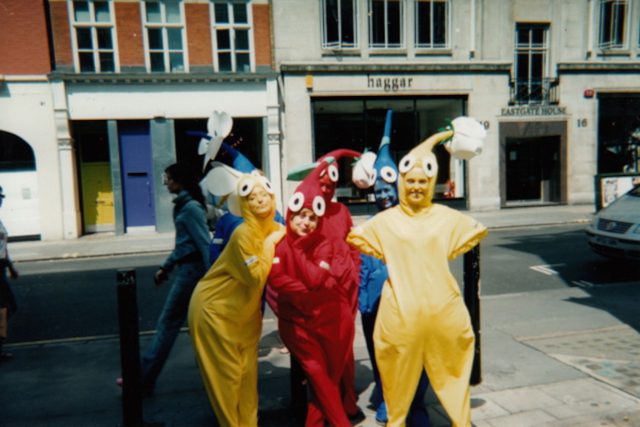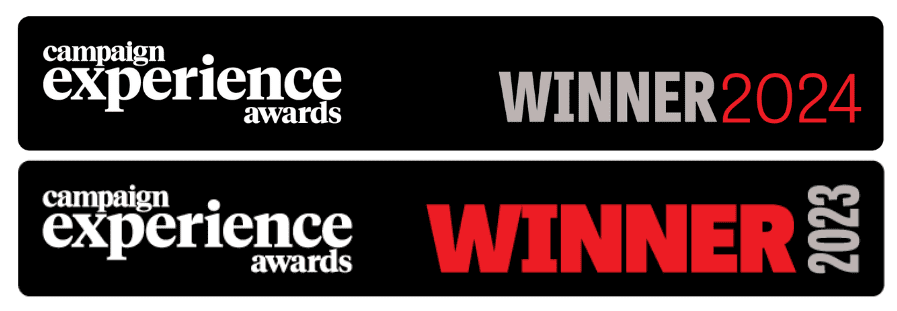By Clare Brind, Account Director
Mental Health in the Events Industry
The events industry is known for its fast-paced, high-pressure environment, and the toll it can take on mental health is a topic that deserves our attention. Burn-out is a common theme amongst agencies and we have a responsibility as leaders to look after our staff’s welfare and mental health.
From an independent survey conducted by the Alliance with 888 responses across their partner agencies, when asked ‘On a scale of 1-10, where 1 is poor and 10 is excellent, how would you rate your mental health and wellbeing at the moment?’ The average score was -7. Shocking, sad and worrying to say the least.
So how can we explore ways to highlight and better support positive mental health in the events industry?
Understanding the Challenges:
Events professionals are the unsung heroes who create memorable experiences for others. Whether it’s immersive experiences, roadshows, corporate conferences, music festivals, or trade shows, they work tirelessly to ensure every detail is flawless. However, the constant pressure, long hours, tight deadlines, and unpredictability of the industry can take a toll on their mental health.
The Need for Awareness:
- Breaking the Stigma: The first step is to break the stigma surrounding mental health in the events industry. Individuals need to feel comfortable discussing their struggles without fear of judgement. We need to encourage open conversations about mental health within our teams, and among industry peers. Our senior management teams need to lead by example. At HEL’s we have a welfare officer who has a great rapport with each team member and checks in with everyone regularly. As managers, we also do mental health check-in’s as part of our monthly 121’s.
- Education and Training: Providing mental health training and resources to event professionals can go a long way in promoting awareness. Equip your team with the knowledge and tools to recognise signs of mental distress and how to take the first steps to support colleagues in need. HEL’s has invested in Mental Health Awareness training and half of our company will have undertaken this programme by the end of the year.
- Flexible Work Arrangements: As we all know many agencies, including HEL’s, are already implementing flexible work arrangements to help employees maintain a work-life balance. We must continue to facilitate this and listen to our employees about their specific needs. The ability to manage their schedules and prioritise self-care can significantly impact mental well-being.
- Promote Self-Care: Encourage self-care practices such as regular breaks, exercise, mindfulness, and stress management techniques. Promote the importance of taking time off when needed and offer support in finding professional help when necessary. As I write this I have just had an in-office massage to help relieve some tension. In a culture where people work long hours, we also force people to actually take their lunch breaks, start only on time and leave the office on time at the end of the day. Simple things that often do not happen in an agency environment.
- Supportive Work Environment: Create a workplace culture that prioritises mental health. This includes acknowledging achievements, being each others cheerleaders, fostering a sense of community, and providing access to mental health resources like counselling services such as the Employee Assistance Programme that all employees and field staff at HEL’s has access to 24/7.
Support Systems:
- Peer Support Networks: Establish peer support networks or mentorship programs where experienced professionals can guide newcomers and provide emotional support. HEL’s has been involved with Elevate Mentoring, a free mentoring programme that has been designed to inspire, inform and empower people within the event industry.
- Industry-Wide Initiatives: Collaborate with industry associations and organisations to create mental health initiatives and campaigns that raise awareness and provide resources for events professionals. As part of the Alliance of Independent Agencies, we are members of the Wellbeing Group within it. The group meets quarterly to remain constantly informed of the latest tools and resources to assist them in their vital work of maintaining the wellbeing of their agency people. They share, discreetly, the issues they face and mentor each other in best practice.
- Mental Health Days: Consider offering mental health days, as part of your company’s leave policy, allowing employees to take time off when they are struggling with their mental health. Or perhaps introduce a mental health hour once per week to allow individuals to attend an exercise class, meditate, or simply sleep in a little longer.
Conclusion:
Mental health awareness in the events industry is not a luxury but a necessity. As we shine a spotlight on this crucial issue, we can collectively take steps to support and uplift the individuals who make our events come to life. By breaking the stigma, providing education, and fostering a supportive work environment, we can ensure that our industry is a place where professionals thrive both personally and professionally. We at HEL’s will continue to talk, research, get feedback and implement new initiatives. Let’s work together to create a brighter, more compassionate future for all involved in this dynamic world of events, experiential and marketing.
HEL’s Founder, Helen Hanson says: Mental health is a key focus for us at HEL’s, we have always taken staff welfare as of paramount importance within our agency culture. We’ll continue to support our team, and the teams around us, to promote awareness and encourage positive mental health.








